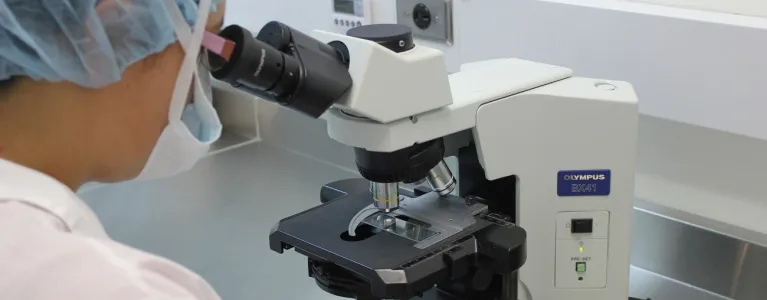
Over the last five years London has attracted 35 major new life sciences projects, bringing in more than £330m and over 1,300 new jobs. The UK has done disproportionately well with EU research funding, securing 15.5% of the last programme and the free movement of skills and talent is key.
Today, Members of the London Assembly agreed a motion calling on Mayor Sadiq Khan and the Chairman of the London Assembly to write a joint letter to the Government to seek reassurances that London’s life science sector will be protected as part of any Brexit negotiations.
Andrew Dismore AM, who proposed the motion said:
“MedCity seeks to position London as a world-leading interconnected region for life sciences research, development, manufacturing and commercialisation to stimulate greater economic growth. However, without the continuation of funding provided by the European Union, we will see the major new life sciences foreign investment projects, which brought in more than £330m and over 1,300 new jobs, go to other European cities.
Projects such as MedCity are at risk from the uncertainty surrounding the exit from the EU as investors will start to invest in more economically stable countries and skilled workers will look to work in cities where they have more long-term guarantees to remain.
We need assurances from Government that London’s life science sector will be protected as part of any Brexit negotiations.”
The full text of the Motion is:
“The Assembly notes that MedCity is a collaboration between the Mayor and London’s three Academic Health Science Centres - Imperial College, King’s College, and UCL which aims to promote life sciences investment, entrepreneurship and industry; and seeks to position London and the south east of England as a world-leading, interconnected region for life sciences research, development, manufacturing and commercialisation to stimulate greater economic growth.
The Assembly believes much of this depends on securing a good deal from the EU. Over the last five years London has attracted 35 major new life sciences foreign investment projects, bringing more than £330m and over 1,300 new jobs. The UK has done disproportionately well with EU research funding, securing 15.5% of the last programme.
The Assembly notes EU support for science goes well beyond funding. Free movement of skills and ideas is especially important in science. 48 Nobel Prize science Laureates have links with London universities, and more research papers are generated here than in any other city in the world after Boston, (home to Harvard). More than half of the Post-Doctoral researchers in the new £700m Crick Institute are from the EU.
The Assembly notes that when the Swiss government was unable to commit to free movement, Switzerland was suspended from access to the biggest ever EU Research and Innovation programme. While the Government claim they would honour any EU funding for projects already funded up until 2020, they say nothing about new projects or what would happen after then.
The Assembly believes London must be able to recruit and retain the very best scientists, whatever country they come from, including freedom of movement for international students.
The Assembly call on the Mayor and the Chair of the Assembly to write a joint letter to the Department for Business, Energy and Industrial Strategy and the Department for Exiting the European Union to seek reassurances from the Government that London’s life science sector will be protected as part of any Brexit negotiations.”
Notes to editors
- Watch the full webcast.
- The motion was agreed by 13 votes for, to 1 vote against.
- Andrew Dismore AM, who proposed the motion, is available for interviews. Please see contact details below.
- As well as investigating issues that matter to Londoners, the London Assembly acts as a check and a balance on the Mayor.
For media enquiries, please contact Lisa Lam on 020 7983 4067. For out of hours media enquiries, call 020 7983 4000 and ask for the London Assembly duty press officer. Non-media enquiries should be directed to the Public Liaison Unit on 020 7983 4100.